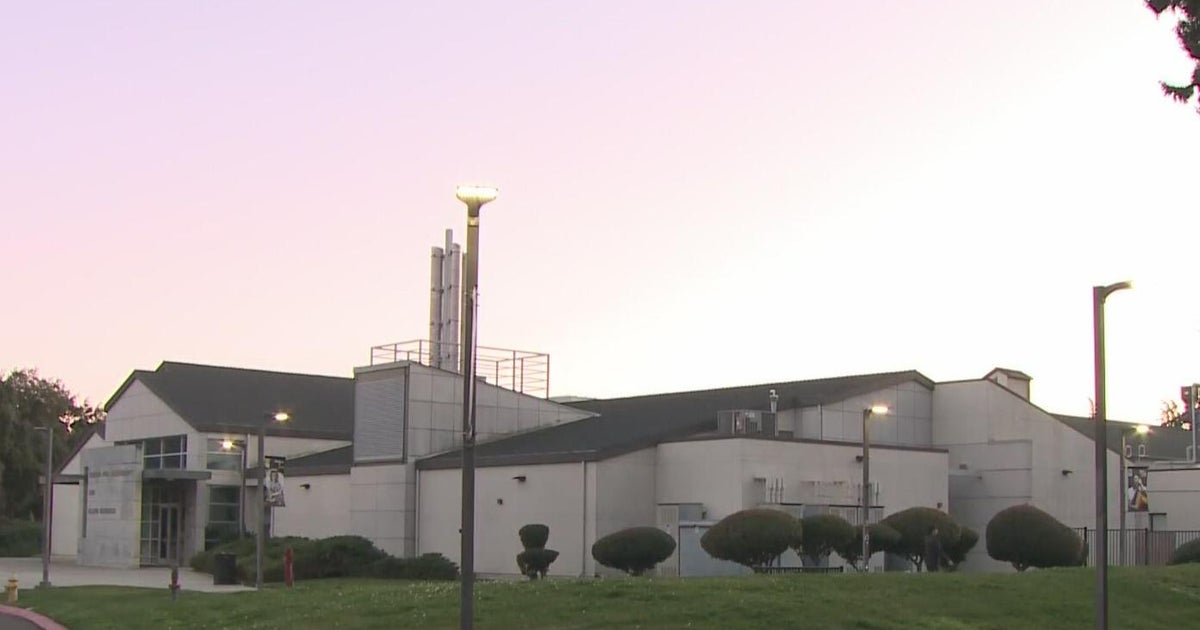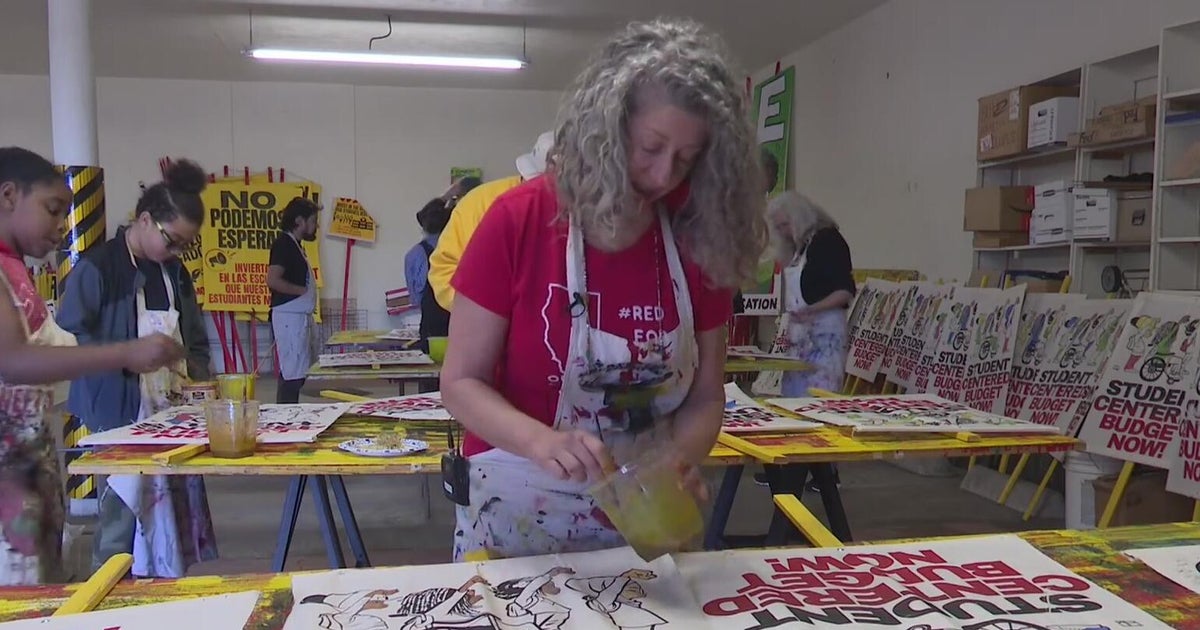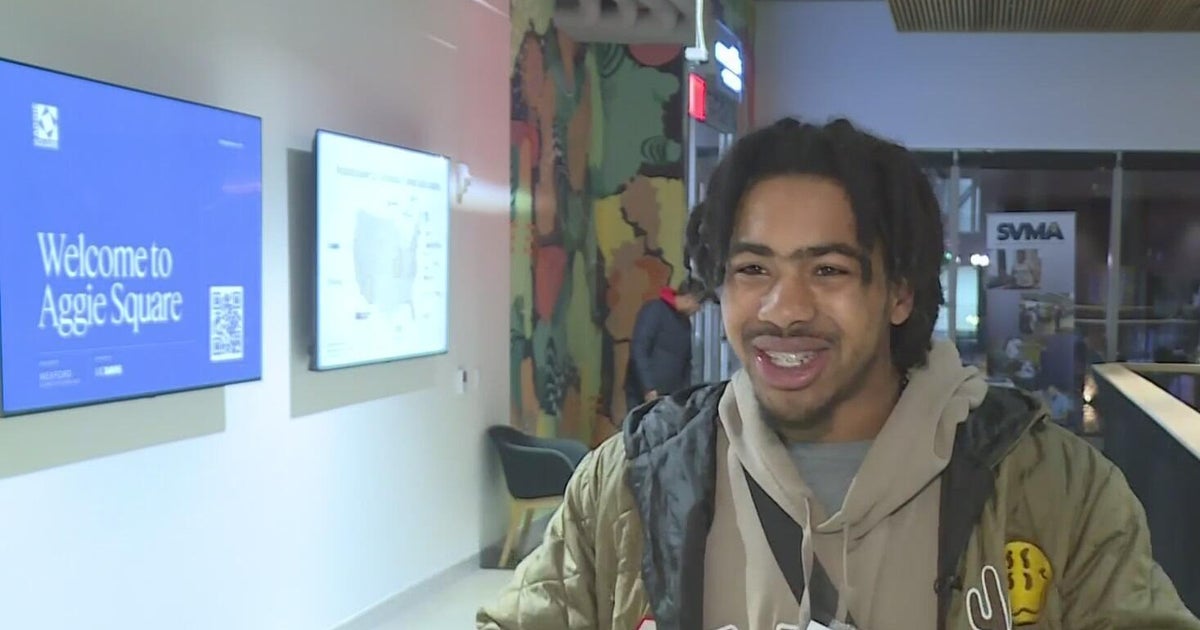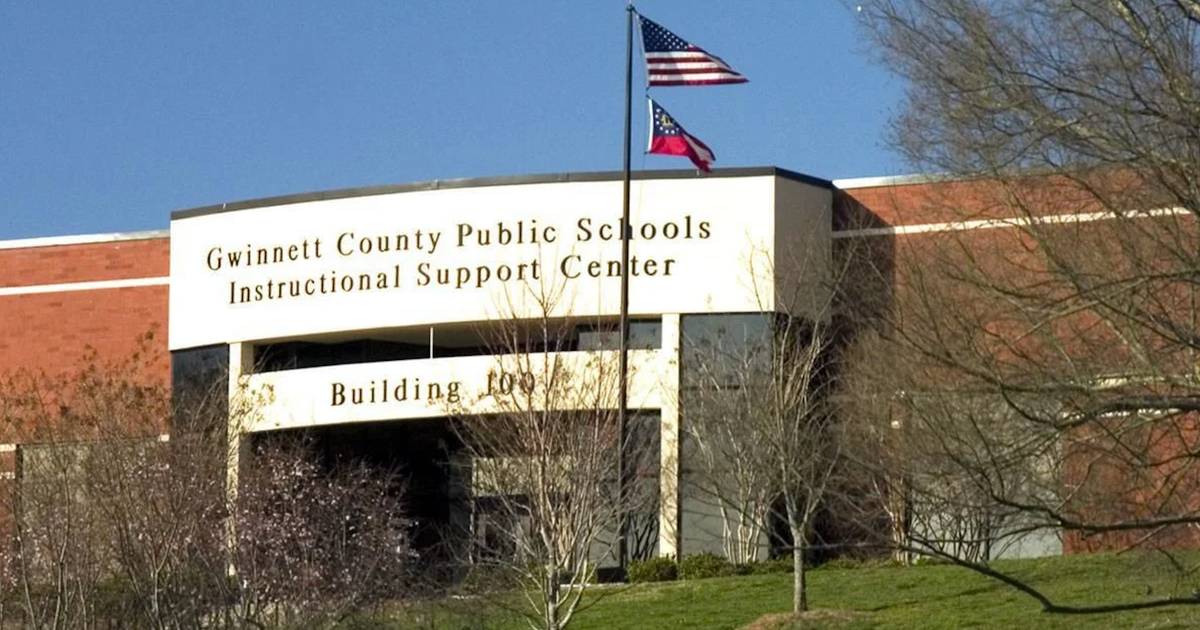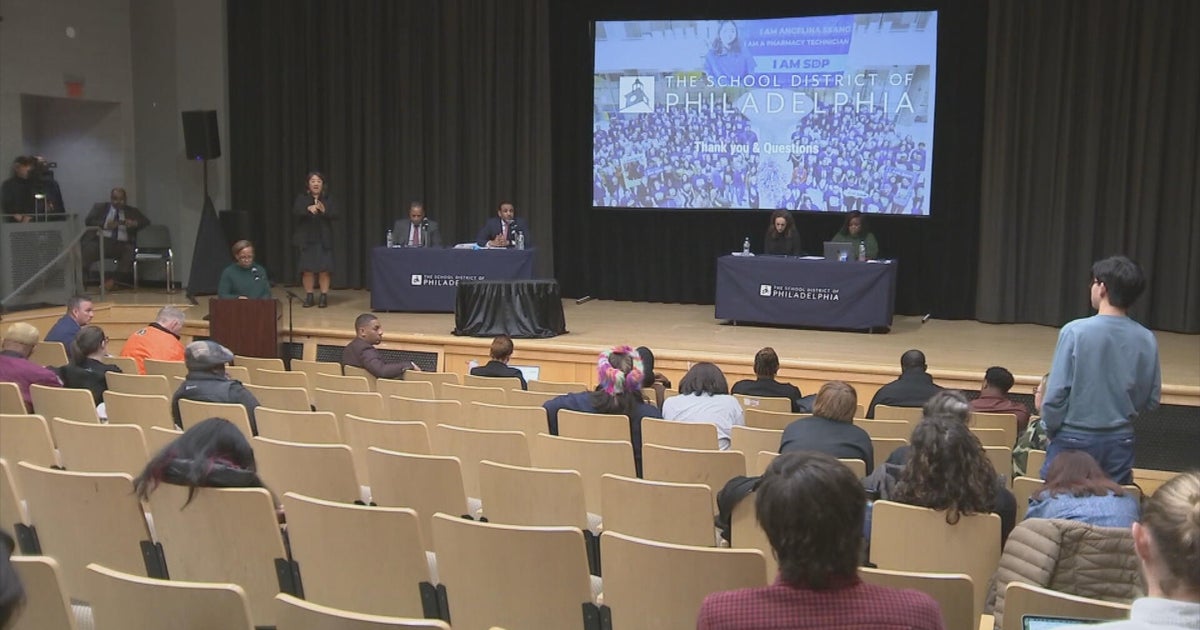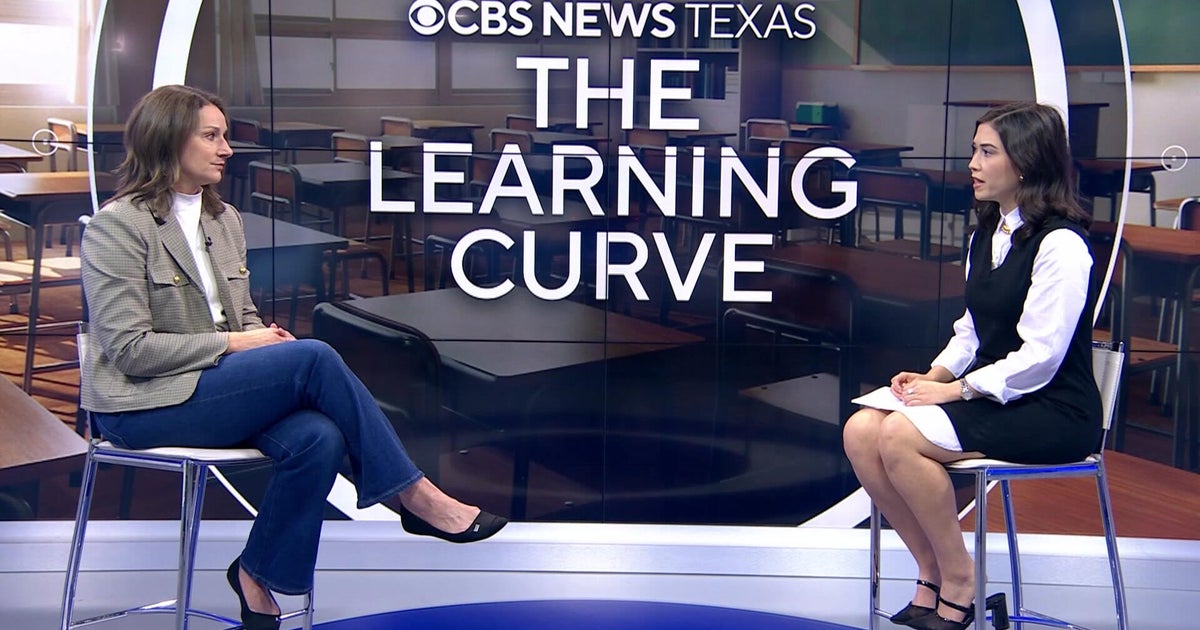South Bay school nurse leads training in use of life-saving Narcan
SAN JOSE -- At Leigh High School in San Jose, Narcan is available all over campus.
"We have it out in the press box. We have it in the cafeteria. We have it in the science wing. We have it in the teacher's lounge," said district nurse Debbie Phalen.
It was her recommendation to place the narcotic overdose-reversing drug alongside the defibrillators on campus.
"We keep it in an unlocked box," Phalen explained. "It's accessible to any staff person, any student that needs to possibly administer it."
For many, the accessibility of Narcan at high schools is a sad comment about the pervasive use of drugs like fentanyl but Phalen has a more positive take.
"It gives me another piece of my arsenal to make sure my campuses are safe," she said. "It gives me a chance to interact with staff to train staff, to talk to staff."
Phalen has been a nurse for nearly four decades and she's had to administer the drug while working in an emergency room. Now, she's leading Santa Clara School District trainings on how to administer Narcan. She says it couldn't be easier to use.
"They are going to have blue lips, they're going to have gurgly respirations. Shake, shout, they have no response. You're going to grab that Narcan, you're going to grab the AED and then -- as far as administering -- it's a super-simple process," Phalen said in a simulated training session.
"There's two doses in each box, you just peel this back. You take it out and it's a nasal spray. So you put your two fingers there, you put it up to the nose and you just give it a puff. What Narcan does then is it works in a V shaped pattern and it goes all the way through and it hits everything and it starts working super quick."
Santa Clara County has been significantly impacted by fentanyl use among young people. In 2020, the county recorded over 30 overdose deaths of people between the ages of 16 and 29.
"I think this is going to help prevent that accidental or intentional overdose," Phalen said.
"There's a little controversy now that we have this everywhere on campus. Is that going to let the kids think 'maybe I can experiment because this is here?'" Phalen said. "That's not what we're seeing. That's not what we're hearing."
Phalen considers these students and faculty part of her family and she says she will make sure she has every tool to keep them safe.
"The more people we train the better we're gonna get so, if there is an accidental overdose or if somebody picks up what looks like a Skittle and they're near where there's Narcan and somebody's trained, we're going to hopefully be able to save that person's life."
